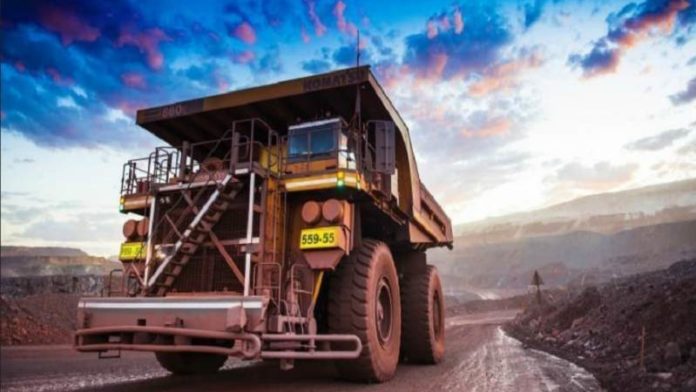
THE cut in corporate taxes announced by South Africa’s National Budget on Thursday was applauded by outgoing Anglo American CEO Mark Cutifani who described it as “a real flag South Africa is open for business”.
It follows the reform on exchange controls in 2021 that enables companies like Anglo to repatriate funds earned in South Africa.
An increase in the self-generation threshold allowing companies to produce 100MW in electricity for their own use was similarly acknowledged as an advance by Cutifani. He said it suggested a sea change in the government’s approach.
“We’re seeing it at the presidential level, the finance ministry level, and in Cabinet,” said Cutifani in an interview. “It is a realisation that investment follows returns, not the other way around. It’s [corporate tax rate cut] only 1% but speaks volumes about their intent.”
In comments during his final briefing with analysts, Cutifani also quipped that he hoped a premium rating would be applied to Anglo’s South African based assets given the increase in jurisdictional risk elsewhere in the group’s portfolio.
South African assets – principally its listed subsidiaries Anglo American Platinum and Kumba Iron Ore – comprised more than half of Anglo’s $20.6bn in earnings before interest, tax, depreciation and amortisation for the 12 months ended December.
“I actually think that’s been recognised a little bit internationally and in our valuation,” said Stephen Pearce, CFO of Anglo. “If I keep giving people a dollar dividend generated in South Africa, at some point they’ve got to value that as a dollar instead of 80 cents.”
These comments come against a background of a consitutional review in Chile where Anglo operates the Los Bronces base metals mine. As part of the review, the country is assessing whether to increase its maximum corporate tax rate beyond the current 44%.
“Yes we’ve seen this movie play out a few times before,” Cutifani told analysts. But compared to global averages of 39% to 49% in the maximum tax band “… we expect them to land inside that envelope which is a bit – but not too much,” he said.
South Africa’s finance minister Enoch Godongwana cut the country’s tax rate a percent to 27% along with incentives to hire youth aimed at addressing unemployment which sits at 34.9% based on third quarter data.
Pearce said the differing fiscal regimes in South Africa and Chile were a reflection of how market cycles worked. “It is not a new era but a new cycle,” he said.
“At different times countries try to balance the books and turn to the resources industry. At other times, they reduce taxation because they want to encourage investment. With South Africa there is consistency in sticking to fiscal rules.”
Cutifani said he had been “pushing up against a swinging door” in respect of his optimism on South Africa for a long time. “In South Africa, it understands mining and the culture [of mining]. There was always a willingness and effort to be supportive of mining, and you don’t always find that in other jurisdictions.”











